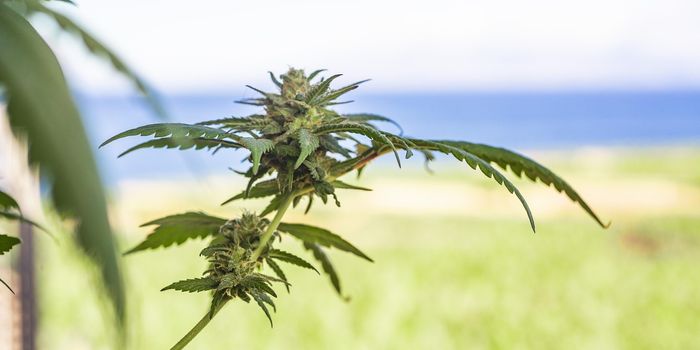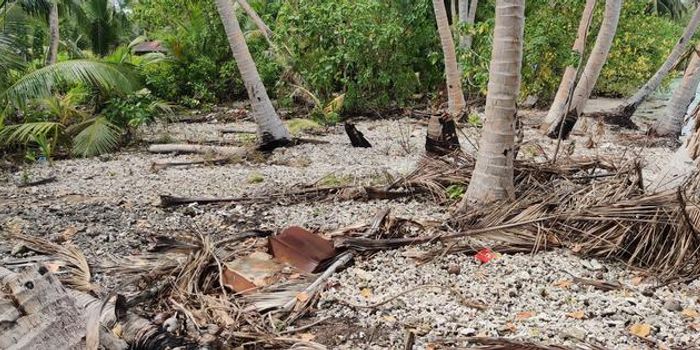Does all my recycling really help?
Recently I was exposed to a new viewpoint, different from that which I’ve attempted to use to steer my own moral compass. While I still like to believe that every individual’s actions have the power to change the world, I think this perspective, which I’m still grappling with, deserves analysis.
But let’s back up and frame the scene here for a moment: we’re talking about recycling, and the value – or lack thereof – in it. While it’s all good and done that you make sure to recycle your Dunkin Donuts coffee cups (don’t get me started on the straws), how much is that daily recycle actually doing? We all know the situation of the plastic crisis that we’re in. The incomprehensible amount of plastic entering the ocean every minute, every day. Do you really think that recycling your cup is going to make a difference?
Postdoc researcher Matt Wilkins at Vanderbilt University's Center for Science Outreach argues in a Scientific American article that it won’t. The issue isn’t the millions of people who do or don’t recycle, he writes, it’s the whole culture of single-use plastic. Labeling single-use plastic as “an incredibly reckless abuse of technology,” Wilkins explains that in order to tackle the plastic problem, we can’t just keep patching band-aids on gunshot wounds.
“Litterbugs are not responsible for the global ecological disaster of plastic. Humans can only function to the best of their abilities, given time, mental bandwidth and systemic constraints. Our huge problem with plastic is the result of a permissive legal framework that has allowed the uncontrolled rise of plastic pollution, despite clear evidence of the harm it causes to local communities and the world’s oceans. Recycling is also too hard in most parts of the U.S. and lacks the proper incentives to make it work well.”
So, who is to blame for this single-use culture? Big industry, particularly big beverage companies like Coca-Cola, who profit from all those bottles we throw away (or sometimes recycle). Even though a 2016 Pew Research poll reported that 74 percent of Americans think the government should do “whatever it takes to protect the environment,” we currently have a government who is doing just the opposite. That needs to change. Through bottle deposit and bag tax bills, bans or “opt-in” policies for single-use items like plastic straws or cups, legislators could prioritize the environment. “A small tweak like this can lead to huge changes in consumer behavior, by making wastefulness an active choice rather than the status quo,” Wilkins explains.
A circular economy model, too, would allow for more materials to be reused, so that, for example, instead of buying a new iPhone every two years, we can figure out how to fix them and keep them out of landfills. But to do this, Wilkins has a point. It will take more than individuals actions (looking at you Apple) to keep those phones running for years on end. We need a whole new system that values a culture of tweaking and fiddling and fixing; a culture of reuse.
**(Just to clarify: THIS DOES NOT MEAN YOU SHOULD STOP RECYCLING!)
Sources: Scientific American









